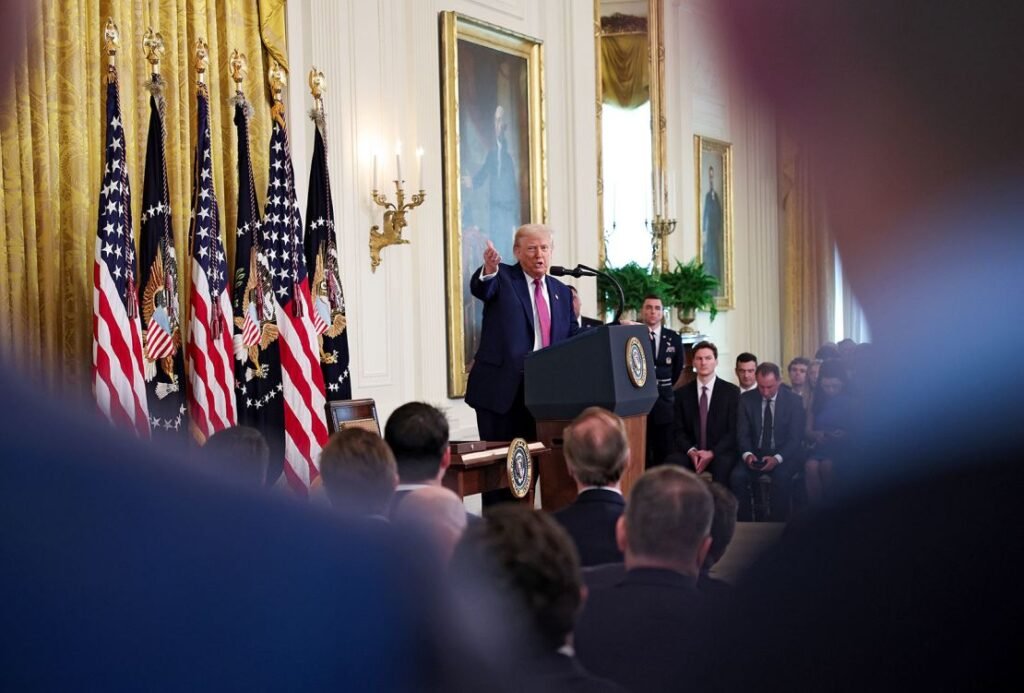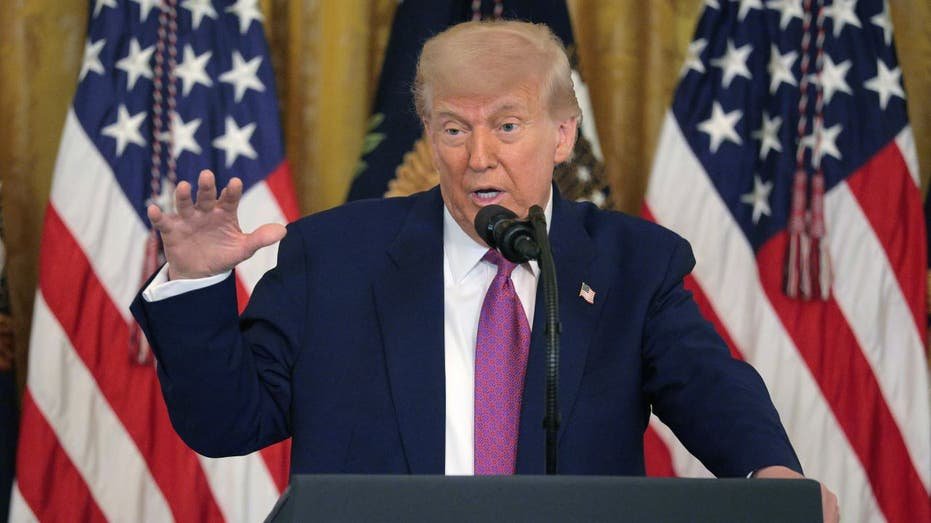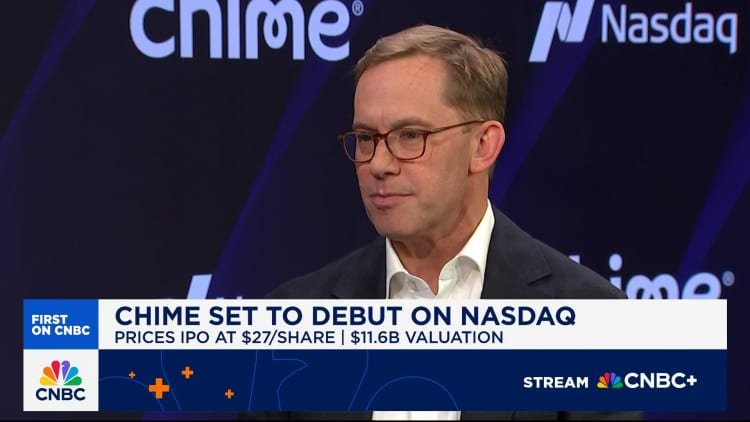South Korea’s main stock index has hit a three-and-a-half-year high as investors bet a new leftwing government will usher in corporate governance reforms and lift persistently low equity valuations.
President Lee Jae-myung made corporate governance reform and boosting the stock market pillars of his campaign, promising South Korea’s army of retail investors that the Kospi would reach 5,000 points during his term. The index has climbed more than 7 per cent since his election last week to above 2,900.
“Now is the time to change everything . . . to make the market attractive in the long term,” Lee said during a visit to the stock exchange in Seoul on Wednesday.
Successive South Korean presidents have promised to raise the historically low valuations of the country’s listed companies — the so-called Korea discount — with little success. The price-to-book ratio of Kospi companies reached a record low of 0.84 last year, meaning the market valued them below the stated worth of their net assets.
South Korean law gives shareholders little protection when conglomerates spin off or merge business units that are often controlled by founding families through minority stakes in complex cross-shareholding structures.
But a surge in local retail investors since the pandemic and anxiety about slowing economic growth have pushed capital markets reform towards the top of the political agenda. Lee and his Democratic party, which controls South Korea’s legislature, have proposed the toughest set of shareholder protection measures yet, including the introduction of an explicit fiduciary duty to shareholders.
“This is a huge moment in the history of South Korea’s public market,” said Darren Kang, co-founder of Seoul-based fund Life Asset Management.

Excitement over Lee’s proposals, which he promised to pass within weeks of his election, follows widespread disappointment with his predecessor Yoon Suk Yeol’s voluntary “Corporate Value Up” initiative, which was designed to emulate Japan’s success in raising valuations but to which only 14 per cent of South Korean listed companies signed up.
“The Value Up programme failed to address the fundamental issue, namely the structural conflict of interest between the controlling shareholders of Korean companies and everybody else,” said Changhwan Lee, founder of Seoul-based activist fund Align Partners.
That could change if the country’s Commercial Act is amended to impose on directors an explicit fiduciary duty to shareholders and not just to “the company”, he said. The act’s current form has allowed conglomerates’ founding families to prioritise maintaining control of their business empires over paying dividends and boosting profitability.
Other measures proposed by Lee’s party include increasing electronic voting, expanding the number of separately elected audit committee members and strengthening the hand of minority shareholders in the appointment of directors at major listed companies.

On the campaign trail, the new president also condemned companies’ practice of holding large amounts of treasury shares that can be transferred to allies in the event of challenges by minority shareholders.
“As well as improving capital allocation, these measures would prevent companies from continuing their practice of constantly merging and splitting units and issuing new shares, all of which harm minority shareholders and drive down valuations,” said Changhwan Lee.
The proposed legislation has given fresh momentum to South Korean stocks already boosted by a memory chip upturn, an appreciating currency, the return of political stability after last year’s martial law saga and hopes of a tariff deal between Seoul and Washington.
But it remains fiercely opposed by South Korea’s powerful conglomerates, which Lee is likely to need onside for his plans to stimulate Asia’s fourth-largest economy following a period of sharply slowing growth.
When the Democratic party proposed similar legislation earlier this year, industry groups issued a statement arguing the measures would “only dampen companies’ growth ambitions and undermine [South Korea’s] industrial foundations” by crimping long-term investments.

A person familiar with discussions between business groups and the new administration said that with Lee basking in his emphatic election victory, companies were instead communicating their concerns about the latest proposals behind closed doors.
This has stoked worry among activist investors that the new government’s proposals could yet be watered down under pressure from conglomerates, for example, by dropping measures strengthening the voice of minority shareholders in the appointment of company directors.
“That would be a very disappointing outcome, because a fiduciary duty alone will not be enough,” said Changhwan Lee.
Others have questioned whether the president’s ambition for the Kospi to reach 5,000 during his single five-year term is realistic, given falling profits at South Korea’s biggest companies and a slowing economy that Lee himself has acknowledged is in “crisis”. The Kospi’s all-time high of 3,302 in 2021 came during a pandemic-driven fiscal stimulus.
Kang of Life Asset Management said there had been “excessive” exuberance among retail investors in recent weeks that could lead to an “awkward correction”.
But he added that the government’s proposed measures would eventually reduce the overall supply of shares in the market by encouraging buybacks and discouraging new issuances that dilute shares, thereby lifting valuations across the board regardless of improvements in business performance.
Kang said foreign institutional investors who long considered the market “uninvestable” were now queueing up to redeploy capital from US assets as soon as it became clear a genuine reform effort was under way.
“We don’t need US standards of corporate governance to make big strides,” he said. “If we can get the Korean price-to-earnings ratio to match the emerging market average, we hit 4,000, and if we can get it to match Japan, we hit 5,000.
“Seen that way, achieving Kospi 5,000 should actually be very easy.”





